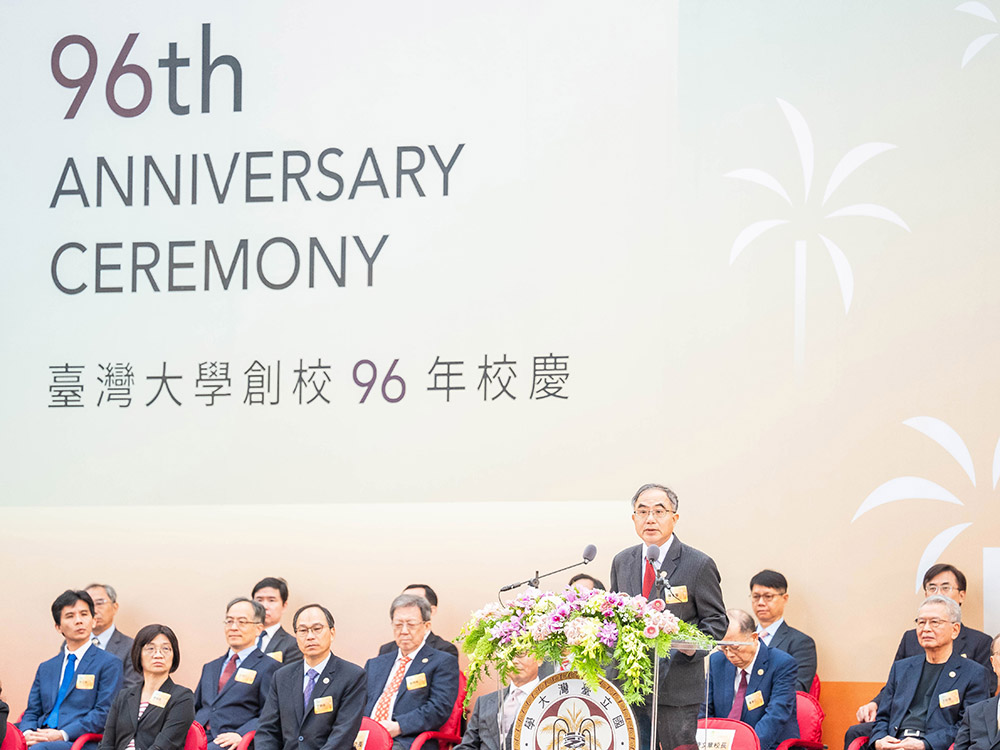
NTU celebrates its 96th Anniversary
瀏覽器版本過(guò)舊,或未開(kāi)啟 javascript
請(qǐng)更新瀏覽器或啟用 javascript
Spotlights
Prof. Yeh discovered that Taiwanese seniors do not experience the uncanny valley effect.
Distinguished Professor Su-Ling Yeh from the NTU Department of Psychology is dedicated to advancing the field of AI robotics research by bringing in more psychological perspectives.
“Technology always comes from human nature” is not just a catchy slogan but a mission statement for Professor Su-Ling Yeh (葉素玲), a distinguished professor in the Department of Psychology at National Taiwan University.
As Taiwan’s society faces the challenges of an aging population and declining birth rates, utilizing smart technology to improve the difficulties faced in elderly care has become an important issue. Professor Yeh, who also serves as the Deputy Director of NTU Center for Artificial Intelligence and Advanced Robotics, is dedicated to expanding the scope of psychological research. She integrates the fields of artificial intelligence (AI) and psychology, leading a team of psychologists and collaborating with Professor Li-Chen Fu and his team in the Department of Electrical Engineering and Computer Science. Together, they aim to design warm technology that caters to the physical and mental well-being of the elderly, aligning with their specific needs. By designing smart technology products based on the needs and emotions of the users, they aspire to create a future where human psychology and AI technology coexist and thrive.
Professor Yeh and her team combine various psychological research areas such as cognition, emotion, attention, and social networks to develop interactive smart technology. For instance, they utilize AI robots to transform paper-based questionnaires into friendly everyday conversations, which can be used for assessment, detection, and improvement purposes. It can also assist the elderly in cognitive training. The research conducted in their laboratory has shown that the need to feel “needed” is an important human requirement. This serves as a crucial reminder that during the caregiving process, the active and autonomous feeling of being “needed” by the elderly can easily be overlooked. In the age of AI, keywords such as data security, privacy, dignity, and freedom are vital aspects that cannot be ignored.
Taiwanese Seniors Do Not Experience the Uncanny Valley Effect
The “uncanny valley effect” refers to the phenomenon where people tend to prefer robots that resemble humans to some extent. However, when the robots closely resemble humans but are not identical, the level of preference sharply declines, creating a feeling of eeriness. Previous studies on the uncanny valley effect primarily focused on young individuals, but Professor Yeh discovered that Taiwanese elderly individuals do not exhibit this effect. In fact, they prefer robots that closely resemble humans even more. Furthermore, it was found that the elderly prefer humanoid robots that can be voice-controlled, detect danger, assist with household chores, have a soft touch, and display positive facial expressions. The initial low acceptance of robots among the elderly can be improved through actual interaction. It is suggested that future designs of smart technology should consider different appearances and functionalities for different age groups to maximize their effectiveness.
AI Assisting Altruistic Sustainability Goals
In addition to smart healthcare, AI robots can also contribute to sustainable development. Professor Yeh and her team have discovered that robots are more effective than tablets in persuading people to actively participate in recycling and waste sorting. She believes that the development of AI can further promote various Sustainable Development Goals (SDGs), and in the process of collaborating with AI, the aspect of caring for human well-being should not be overlooked.
With the global wave of AI, Professor Yeh points out that “previously, it was physical labor that was replaced, now it is intellectual labor.” While AI robots can assist in many tasks, they cannot replace the unique role of humans, who possess consciousness beyond physical and intellectual abilities. Therefore, she believes that as psychologists, it is their responsibility to consider how to design supportive tools that align with human nature. Drawing on the foundations of psychology, they can provide a blueprint for planning a sustainable and happy home in this AI era, bringing well-being to the world and realizing a socially sustainable and altruistic society.
Bio of Prof. Su-Ling Yeh:

NTU celebrates its 96th Anniversary
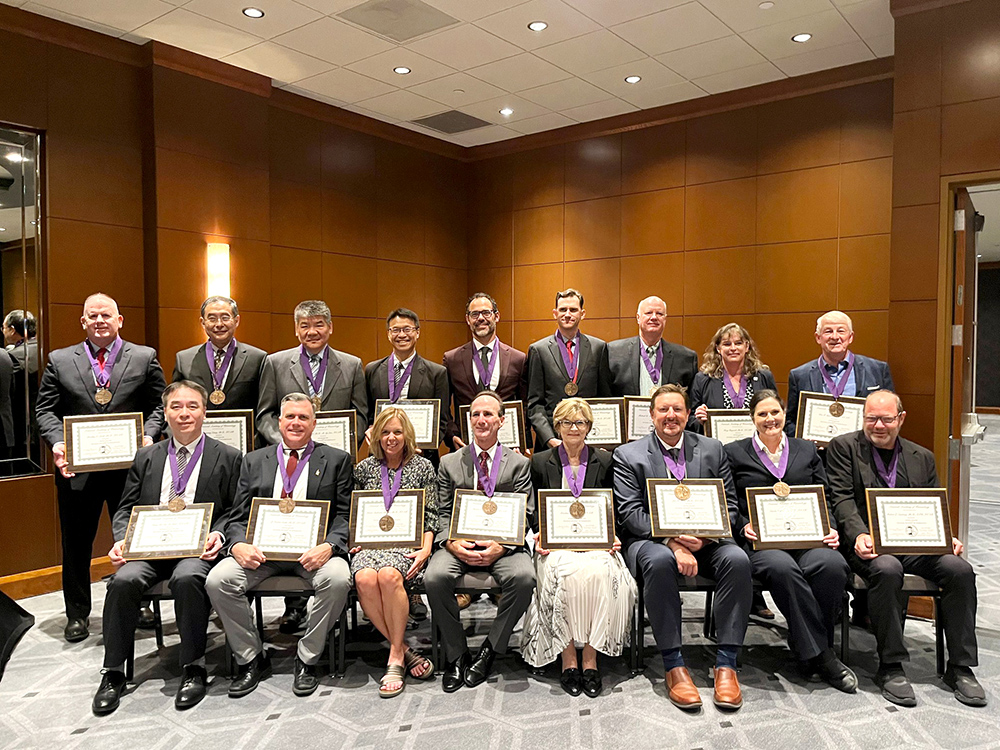
Prof. Tung-Wu Lu elected US National Academy of Kinesiology Fellow
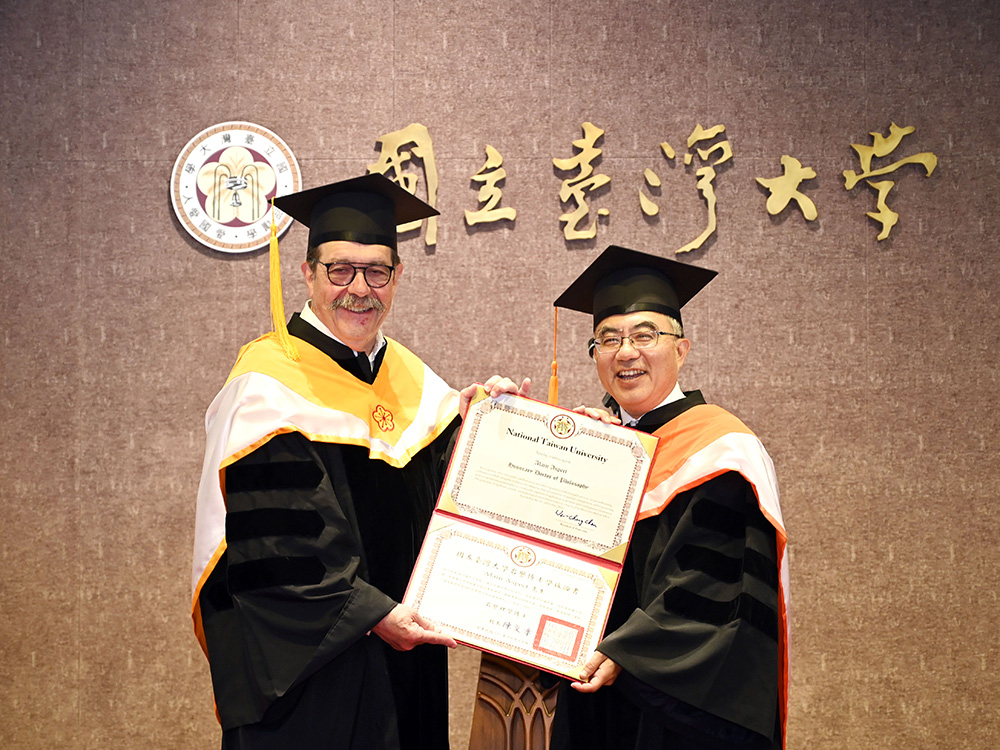
Nobel Laureate Alain Aspect awarded “NTU Honorary Doctorate” and “Raymond Soong Chair Professorship of Distinguished Research”
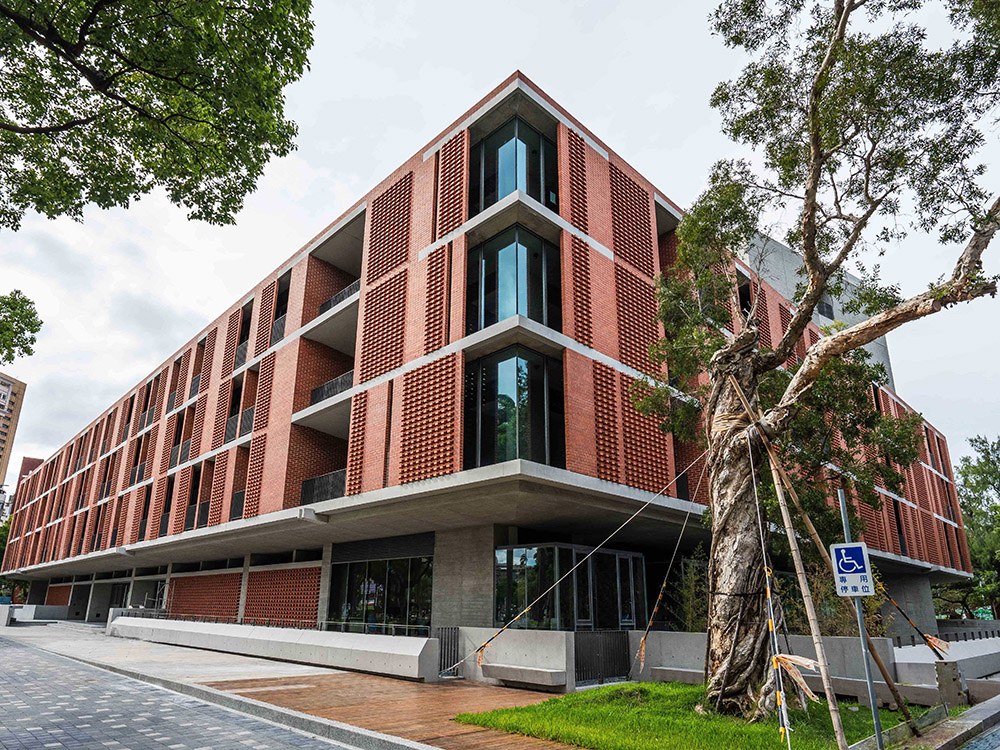
Newly constructed NTU Humanities Building wins Golden Stone Award
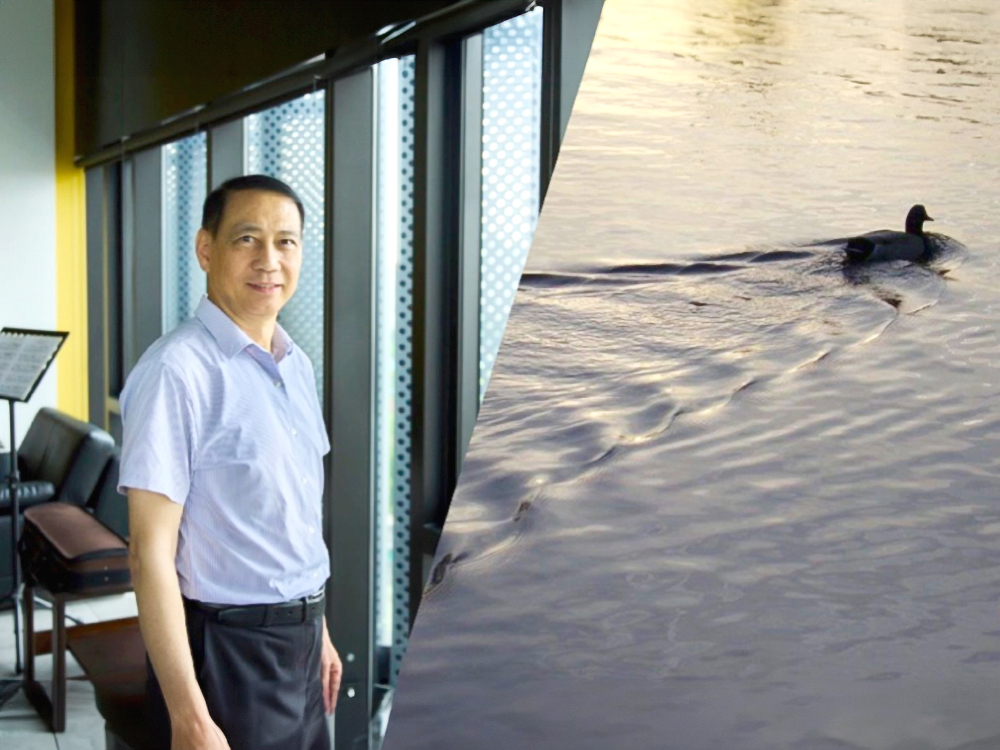
Prof. Pisin Chen Wins 2024 Chandrasekhar Prize
Current Spotlights

NTU celebrates its 96th Anniversary

Prof. Tung-Wu Lu elected US National Academy of Kinesiology Fellow

Nobel Laureate Alain Aspect awarded “NTU Honorary Doctorate” and “Raymond Soong Chair Professorship of Distinguished Research”

Newly constructed NTU Humanities Building wins Golden Stone Award

Prof. Pisin Chen Wins 2024 Chandrasekhar Prize